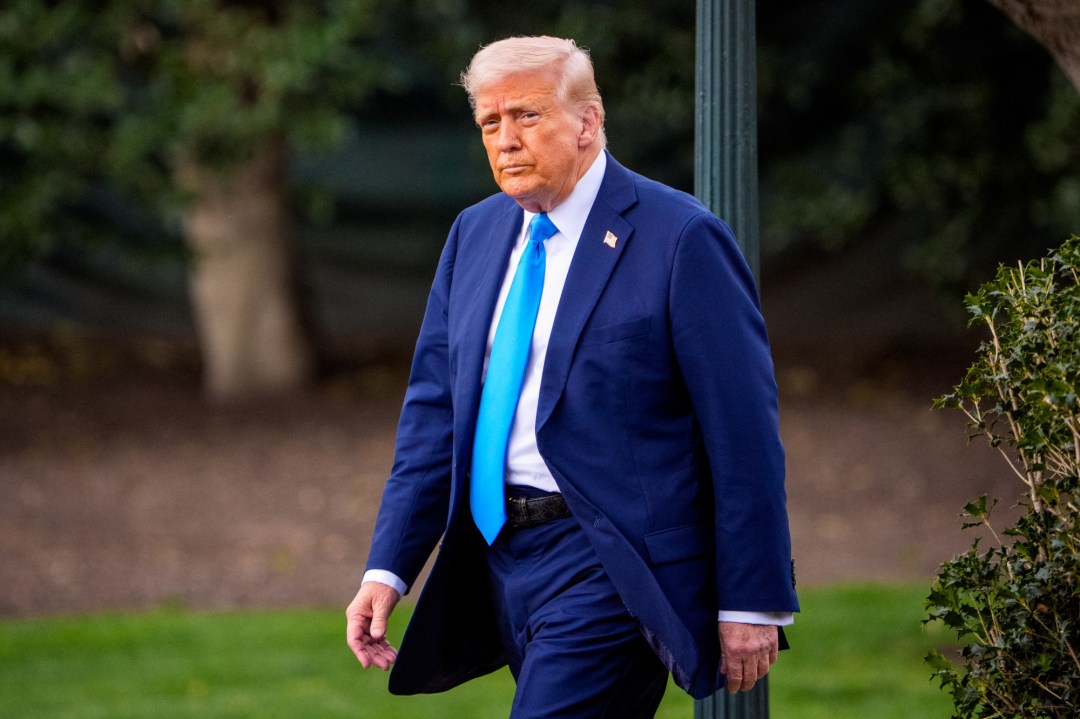Labour MPs are still reeling from last week’s Spring Statement in which the Chancellor slashed welfare spending and made further cuts in a bid to calm both the markets and the Office for Budget Responsibility (OBR). Yet this week could prove even more seismic when it comes to the state of the public finances. On Wednesday, Donald Trump is expected to announce a wave of new tariffs in what the US President has billed ‘Liberation Day’. Trump is expected to reveal plans for reciprocal tariffs (aimed at addressing what he sees as an ongoing trade imbalance between the US and other countries) as he argues that it is ‘finally time for the Good Ol’ USA to get some of that MONEY, and RESPECT, BACK. GOD BLESS AMERICA!!!’.
In Whitehall, there is a nervousness about what this might mean for the UK. When Trump first returned to the White House, ministers were hopeful the UK could avoid such tariffs on the grounds that Trump was more focused on those with large deficits such as the EU.
Ministers have also been looking at a range of mini-deals that would work to win over Team Trump, such as a limited trade deal. This came up on Sunday night when Trump spoke with Keir Starmer. The pair ‘discussed the productive negotiations between their respective teams on a UK-US economic prosperity deal, agreeing that these will continue at pace this week’. The Business Secretary Jonathan Reynolds has been spending time in Washington DC for negotiations while Reeves has been looking at US unhappiness over the current digital services tax, which targets the big tech companies.
Senior government figures find the fact that the current administration is so transactional is not all bad – it means they at least have a sense of what they ought to do to get a certain result. Yet in the past week hope has been diminishing of a complete carve out on tariffs. Trump has already announced 25 per cent tariffs on cars and auto parts imported in the US along with steel. So far the UK government has attempted a softly-softly approach with Trump. Where EU countries and others have been harsher in their rhetoric, Starmer has tried to go for charm.
The UK government has not ruled out retaliatory tariffs but clearly sees them as a last resort. Yet if the UK receives little in the way of special treatment, Starmer will come under pressure to take a harsher stance. Already some MPs from across the House are expressing concerns that even a special deal to avoid Wednesday’s tariffs might only provide a temporary reprieve and the President will inevitably come back demanding more. Others are looking to how the Canadian leader Mark Carney has stood up to Trump with some positive results both in terms of tariff negotiations and a poll bounce.
It means this could be the week Starmer has to stand up to the US president with retaliatory measures on the table.








Comments